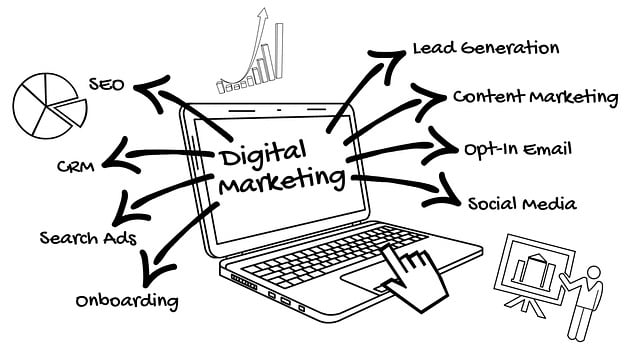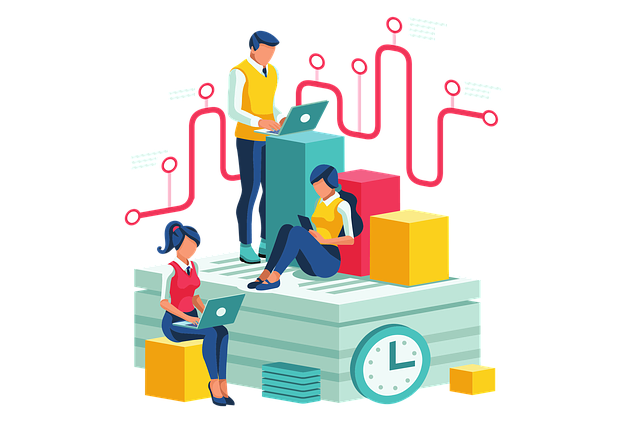AI coaching systems revolutionize auto repair shop operations, boosting profitability by streamlining diagnostics, predicting vehicle issues, optimizing scheduling, inventory management, and resource allocation. Effective implementation requires strategic training and integration into existing workflows, leading to improved efficiency, reduced errors, faster service times, higher customer satisfaction, and competitive market leadership. AI-driven training tools personalize learning, enhance skill retention, reduce training times, and improve service quality, making auto businesses more profitable and trusted by customers.
“The future of auto businesses is here, and it’s powered by Artificial Intelligence (AI). This transformative technology promises to unlock unprecedented levels of efficiency, accuracy, and profitability. From streamlining operations at repair shops to revolutionizing customer service, AI implementation strategies are the game-changers in today’s digital landscape.
This article explores three key facets: uncovering the lucrative potential of AI in auto repairs, mastering integration techniques for maximum impact, and discovering how AI coaching enhances training, efficiency, and ultimately, customer satisfaction.”
- Unlocking Profitable Potential: AI's Role in Auto Repair Shop Operations
- Implementing AI: Strategies for Seamless Integration and Maximum Impact
- Coaching with AI: Enhancing Training, Efficiency, and Customer Satisfaction
Unlocking Profitable Potential: AI's Role in Auto Repair Shop Operations

AI has the potential to unlock significant profitable potential in auto repair shop operations, transforming traditional processes and enhancing overall efficiency. By implementing AI coaching systems, shops can streamline diagnostic procedures, enabling faster and more accurate identifications of vehicle issues. These advanced algorithms can analyze vast amounts of data from various sources, such as sensor readings, historical maintenance records, and user feedback, to predict potential problems and recommend proactive solutions.
Moreover, AI-driven systems can optimize scheduling, inventory management, and resource allocation. They can learn from past trends and patterns to forecast demand for specific parts or services, ensuring that the shop is well-stocked with the right supplies and equipped to handle varying customer needs. This not only reduces waste but also improves customer satisfaction by providing timely and efficient service.
Implementing AI: Strategies for Seamless Integration and Maximum Impact

Implementing AI in auto businesses requires a strategic approach that goes beyond mere technology adoption. For auto repair shops, focusing on AI coaching can significantly enhance profitability. This involves training staff to understand and effectively utilize AI tools, ensuring they become an integral part of the shop’s workflow rather than isolated features. By integrating AI into everyday operations, such as diagnostics, parts inventory management, and customer service interactions, auto repair shops can streamline processes, reduce errors, and improve overall efficiency.
For maximum impact, AI implementation should align with the shop’s existing infrastructure and goals. This might include investing in robust data collection practices to feed AI algorithms accurate information. Additionally, fostering a culture of continuous learning ensures that employees are not only competent users but also advocates for further AI integration. As AI coaching takes root, auto repair shops can expect enhanced customer satisfaction through faster service times and more precise repairs, solidifying their position as competitive players in the market.
Coaching with AI: Enhancing Training, Efficiency, and Customer Satisfaction

In today’s digital era, auto businesses can leverage AI coaching tools to significantly enhance training processes and overall operational efficiency. By implementing AI-driven coaching systems, auto repair shops can streamline employee training programs, ensuring that technicians stay up-to-date with the latest industry standards and technological advancements. These intelligent systems offer personalized learning experiences, adapting to individual strengths and weaknesses, which leads to improved skill retention and increased productivity. As a result, auto repair shop profitability is boosted due to reduced training times and higher-quality service delivery.
Furthermore, AI coaching can directly impact customer satisfaction. Intelligent coaching platforms can provide real-time feedback to technicians during the learning process, enabling them to make adjustments on the fly. This ensures that customers receive consistent, high-quality repairs, fostering trust and loyalty. By combining efficient training with excellent service, auto businesses can differentiate themselves in a competitive market, solidifying their position as industry leaders while maximizing profits through AI coaching for auto repair shop profitability.
AI implementation strategies are transforming auto businesses, from enhancing efficiency in repair operations to revolutionizing training programs. By embracing AI coaching, auto repair shops can unlock profitable potential, improve customer satisfaction, and stay ahead of the curve. Integrating these technologies seamlessly is key to maximizing impact and ensuring long-term success in a competitive market.
